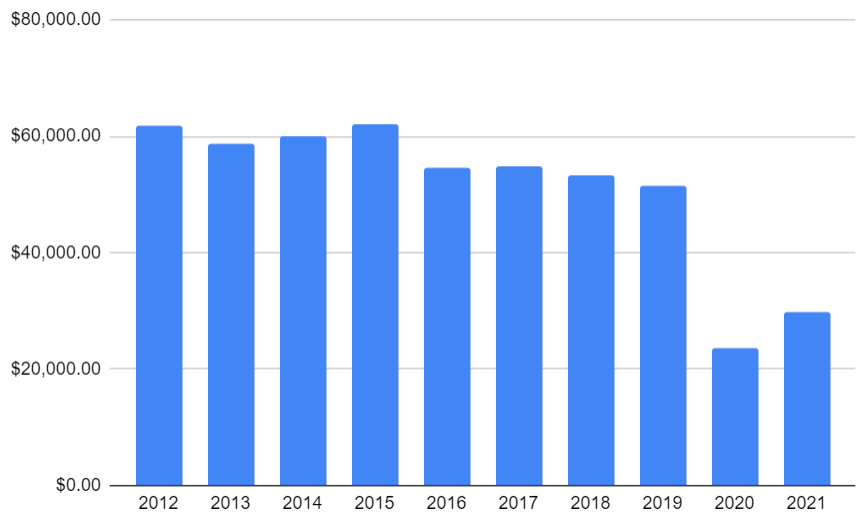Free to Read FAQ
 Processing Request
Processing Request
Answers to commonly asked questions:
- What about my existing fines?
As a part of the Fond du Lac Public Library’s move to eliminate fines on reading materials, all existing fines on these materials were waived. This move impacted more than 16,000 users of the Fond du Lac Public Library.
- Should I worry that people will stop returning books?
No. Going fine-free on reading materials will not encourage people to keep their books, magazines and more forever. They still must be returned within 30 days of their due date. Items checked out after this time will be considered “lost,” and the person who checked it out will be billed for the lost item(s). The Fond du Lac Public Library does not expect this to be a problem. Based on the experience of other libraries, books may be returned sooner than in the past under the fine-free initiative. Public libraries in New York, for instance, reported a wave of newly returned books once fines were eliminated. At other libraries, circulation has increased because borrowers will not feel shame of needing to pay a fine for items returned past their due date.
- Will I continue to receive notices about due dates?
Yes, we will continue to send notices to alert you when due dates are approaching. This will not change. You will still receive a courtesy notice 1-3 days before the item is due, and an overdue notice 7 days after the due date.
- Doesn’t the library need the money that fines bring in?
Fines already were a diminishing source of revenue for the Fond du Lac Public Library. Since 2015, the amount of fines collected actually has been diminishing overall, and since the pandemic it has dropped by more than half:
Overall, the revenue generated by fines on books and other reading materials represented a tiny fraction of the Fond du Lac Public Library’s budget: just 0.5%. Not all materials at the Fond du Lac Public Library are going fine-free as well. Items such as music CDs, DVDs, and equipment will continue to accrue fines, as they have in the past.
- Who really benefits from eliminating fines on reading materials at the library?
Everyone benefits, but those who are least able to pay fines benefit the most. One of the library’s central functions is to encourage literacy within the greater Fond du Lac community, but fines disproportionately affect individuals who have the fewest means, including those who have the least access to learning resources. While ideally everyone returns their materials on time, it’s common for someone to miss a due date from time to time. While a small fee may not mean much to many people, it can prohibit others with limited resources from utilizing the library on a return trip.
-
Shouldn’t the library keep fines as a way of supporting the concept of personal responsibility among borrowers?
The Fond du Lac Public Library serves many roles in the community, from encouraging literacy to helping individuals connect with job resources to providing a safe place to be on a cold winter’s day. We don’t see penalizing members of the public, particularly those who have the fewest means to pay their fines, as a core responsibility of the Fond du Lac Public Library. Besides, the fact that fines continue to be collected demonstrates that they do not prevent people from returning items late. -
Why now?
The Fond du Lac Public Library is one of many libraries nationwide that have recognized that fining people for returning their reading materials late creates a barrier for encouraging literacy, particularly among disadvantaged individuals. In the Fox Valley, for instance, Oshkosh, Menasha, Appleton, Little Chute and Kaukauna all have transitioned to a fine-free model. This also meets a need identified by the public as part of our ongoing strategic planning effort. The Fond du Lac Public Library seeks to be “radically welcoming” to everyone in the community, and going fine-free on reading materials is an important step toward accomplishing this goal.
